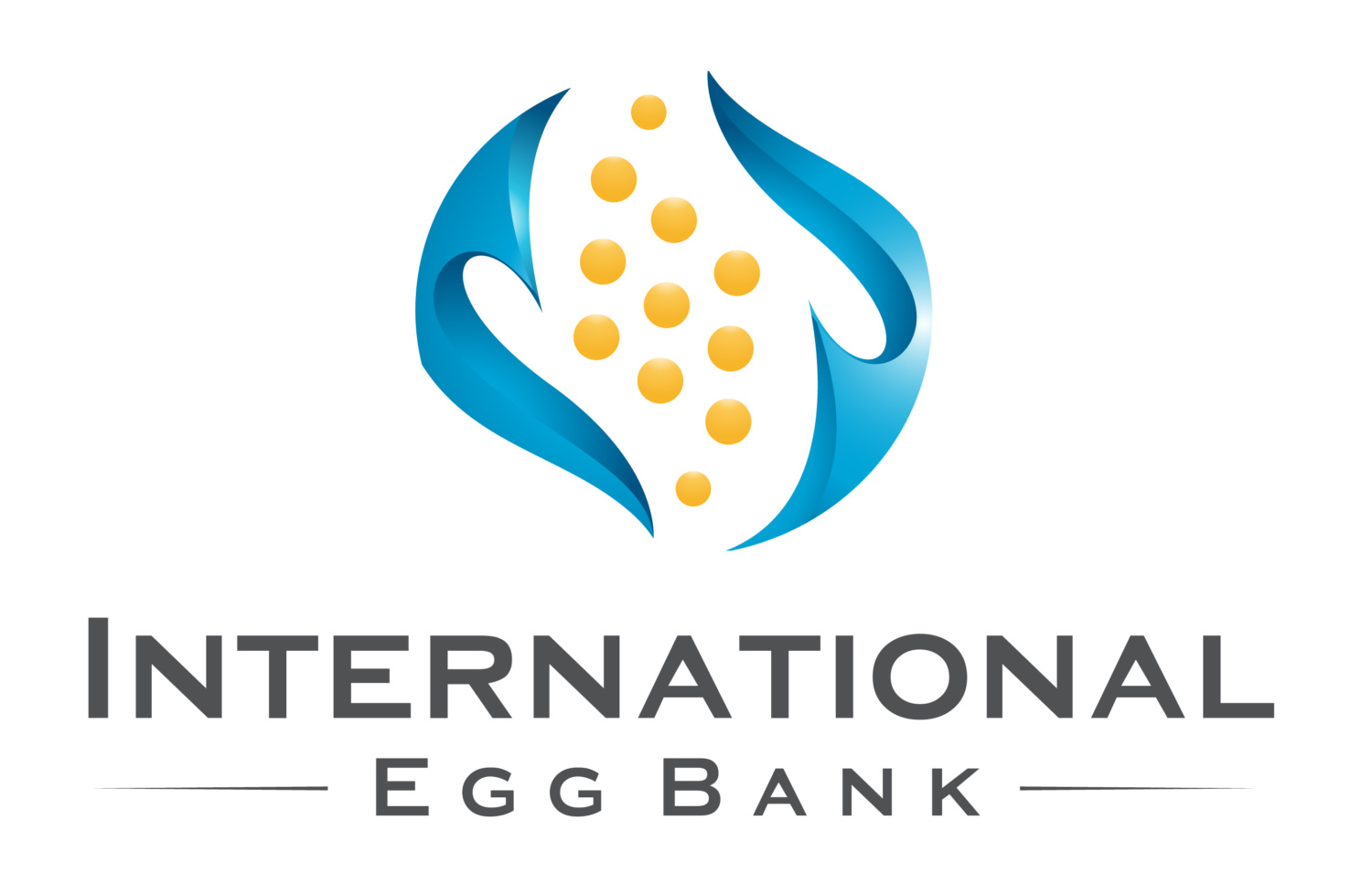Talking to Your Partner & Family About Donating Eggs
It Takes a Village to Raise a Child: Talking to Your Partner & Family About Donating Eggs Providing the gift of life through egg donation is a wonderful helping hand to those in need. Although the benefits of egg donation are clear, the decision to be an egg donor is difficult and should be given […]
Military & Fertility: Balance in Life
For women in the military, family planning can be more complicated due to being deployed during their most fertile years. A large majority of servicewomen are in their reproductive primes. “There were 2.2 million active duty members and ready reserve personnel in 2017, 16 percent were women and about 40 percent were under the age […]
